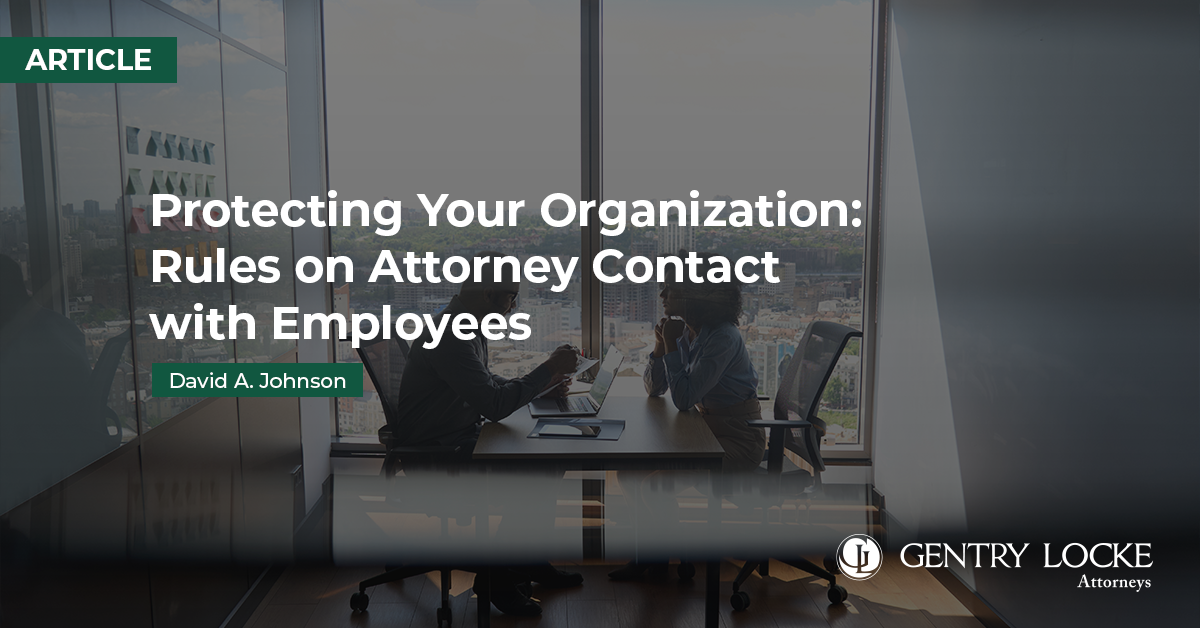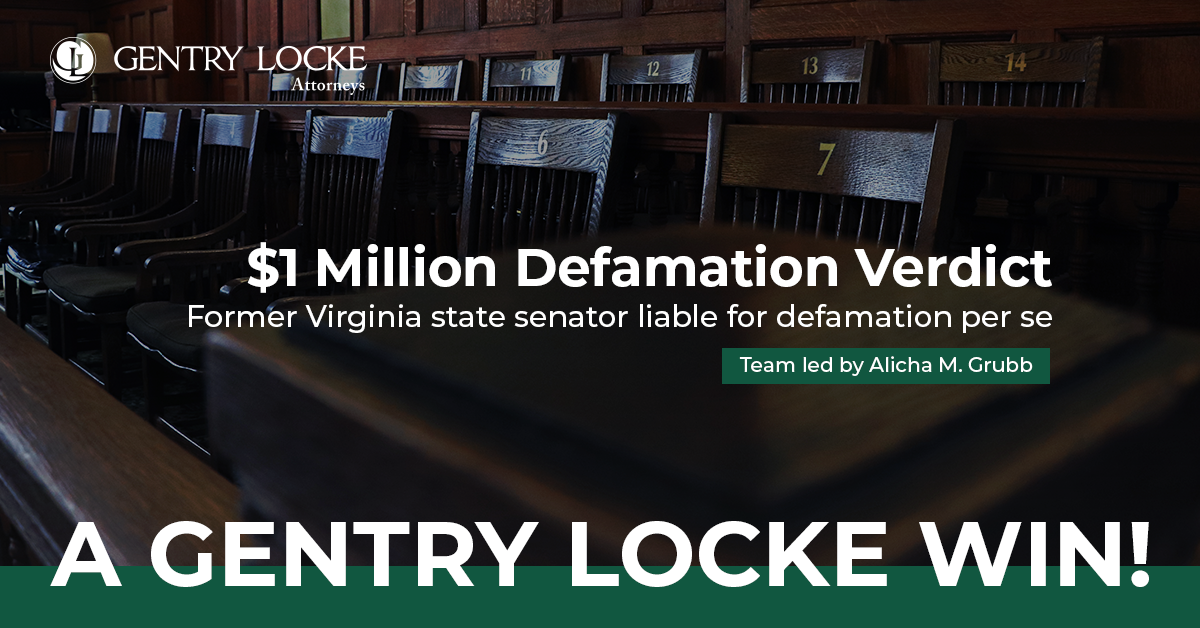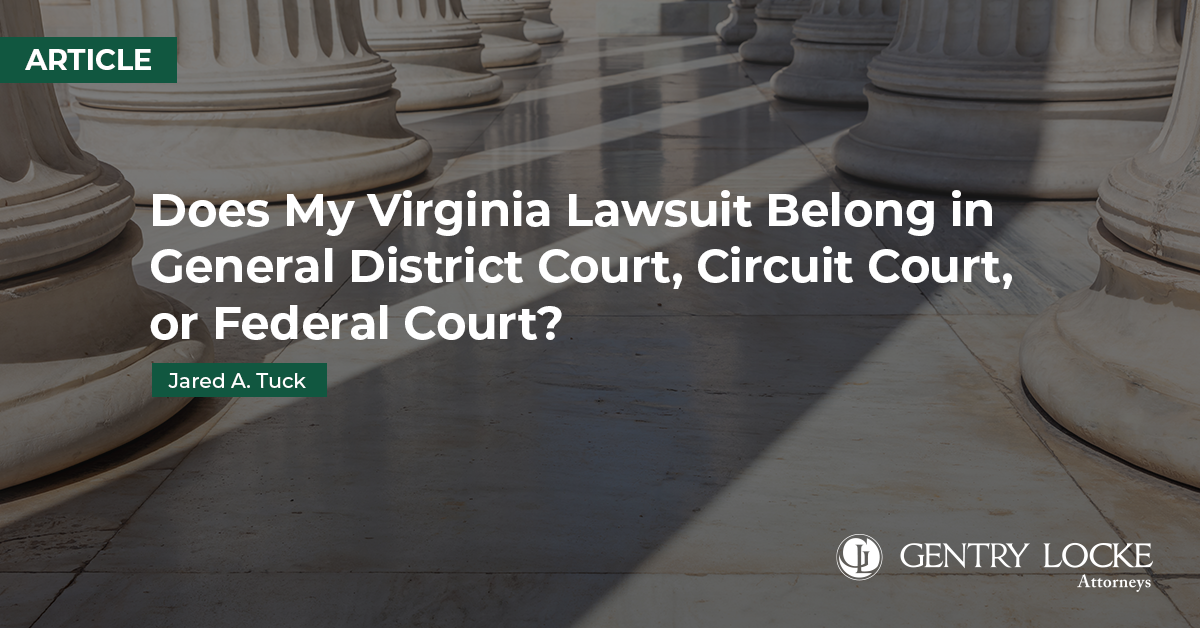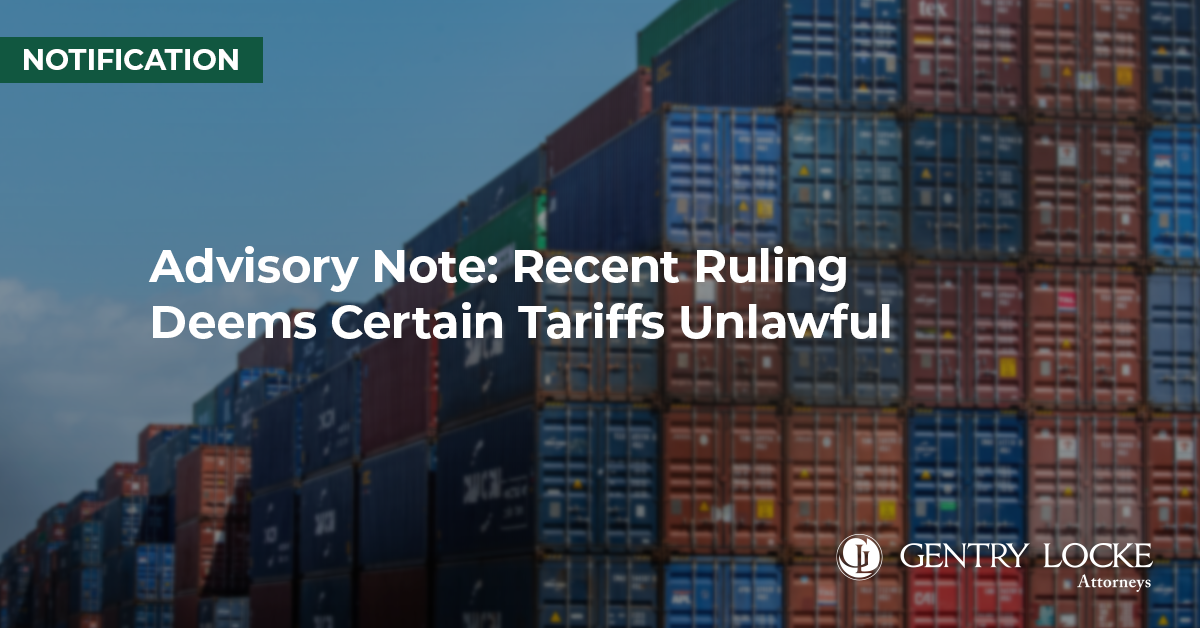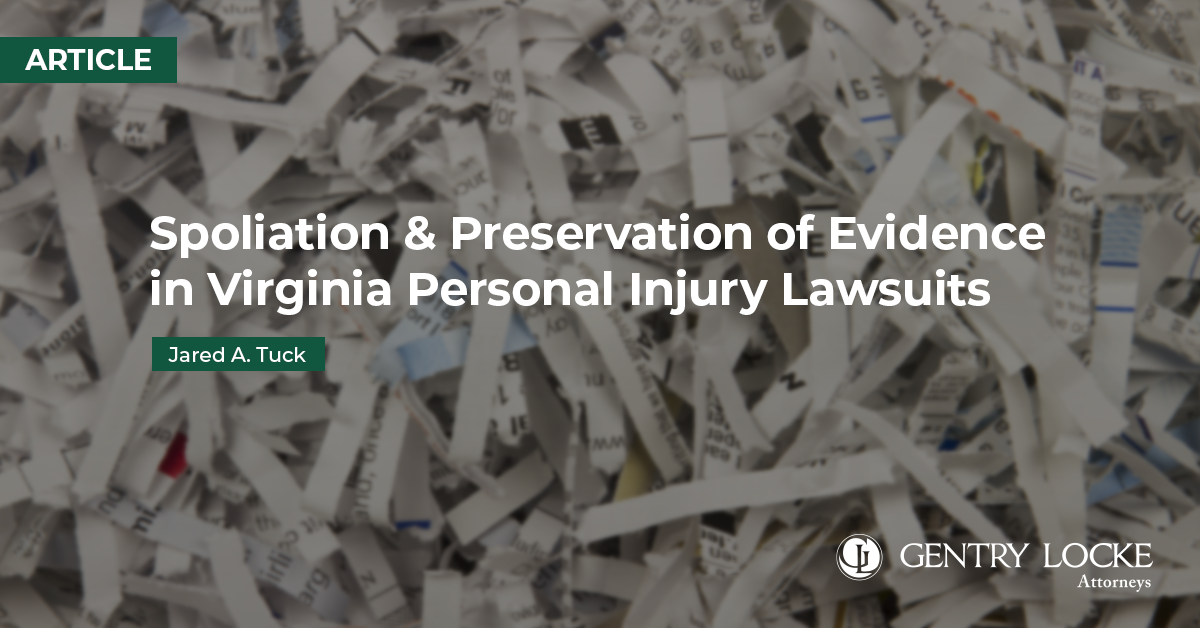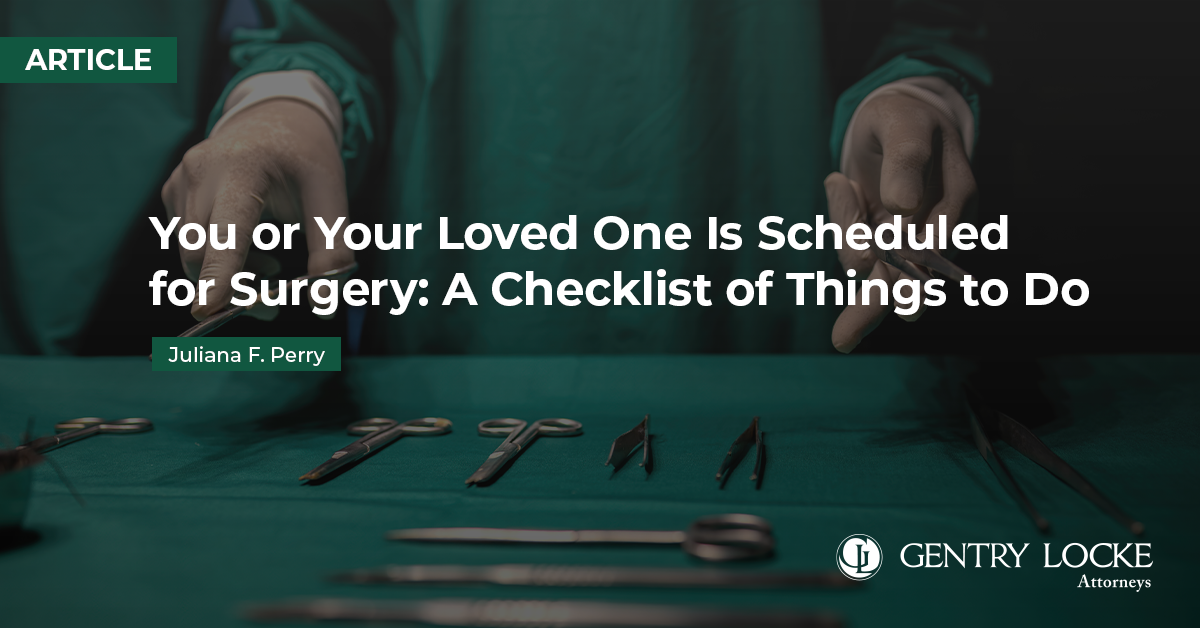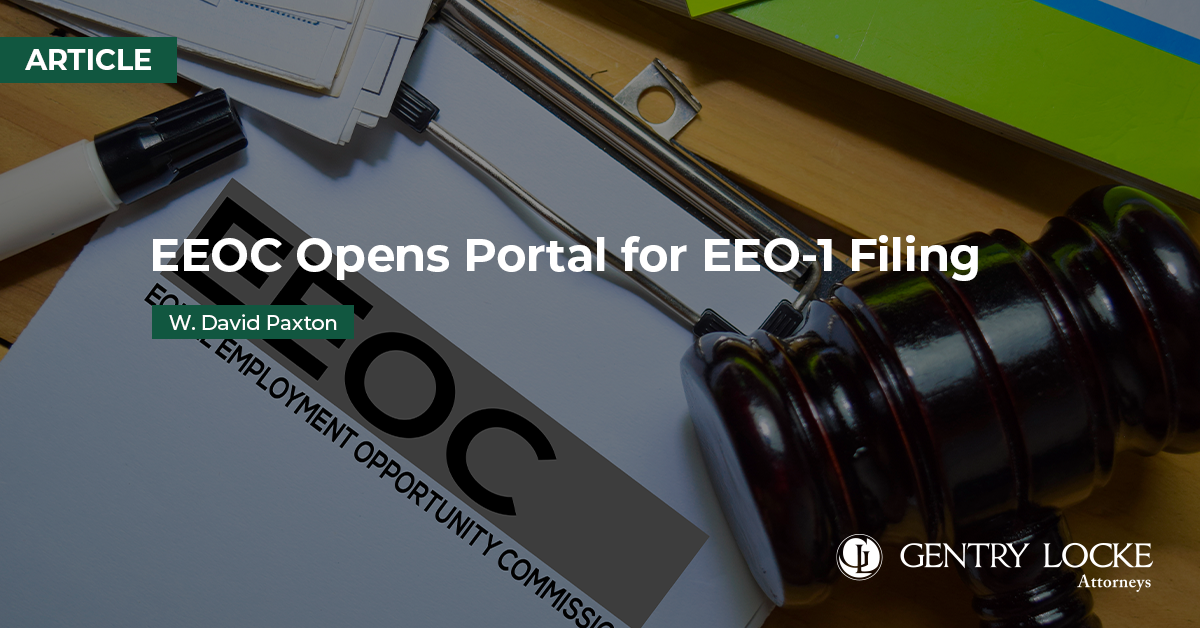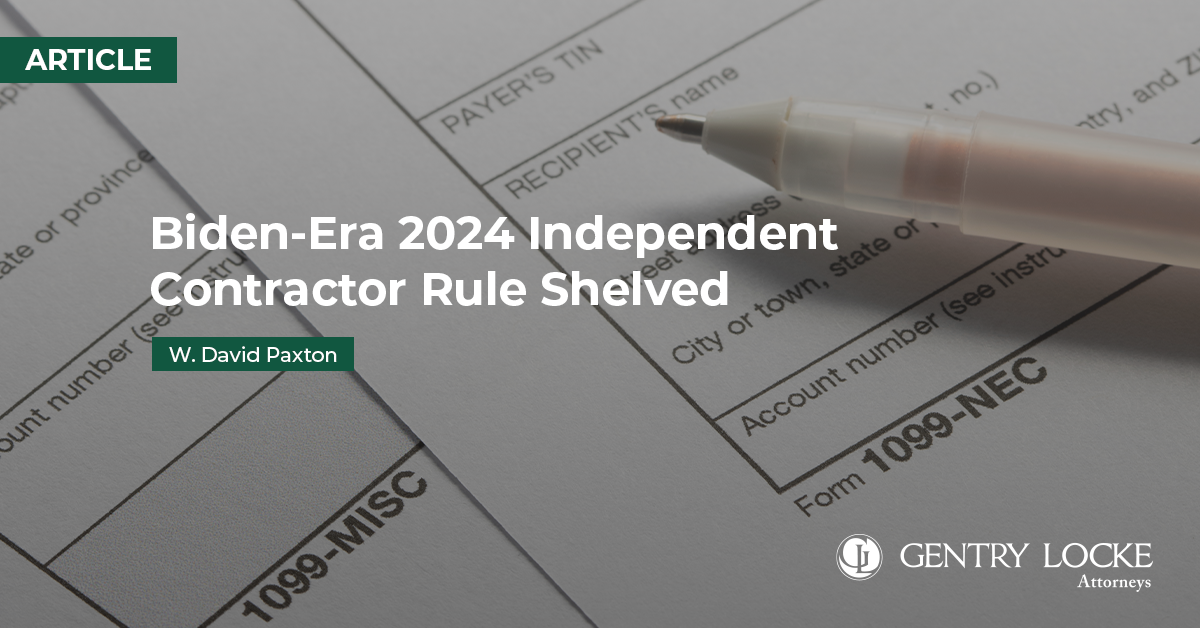Protecting Your Organization: Rules on Attorney Contact with Employees
In Virginia, there is an ethical rule that prohibits attorneys that are representing a client from speaking about the subject of representation with another person that is represented by another attorney for that matter.[1] For example, say Employee A has hired Attorney A to represent her in a claim against Organization B before the Virginia Workers’ Compensation Commission (“Commission”). The rule prohibits Organization B’s attorney from talking about the claim with Employee A without either Attorney A’s presence or permission, i.e. Organization B’s attorney could not have an ex parte communication with Employee A. But what about the reverse? Does […]


